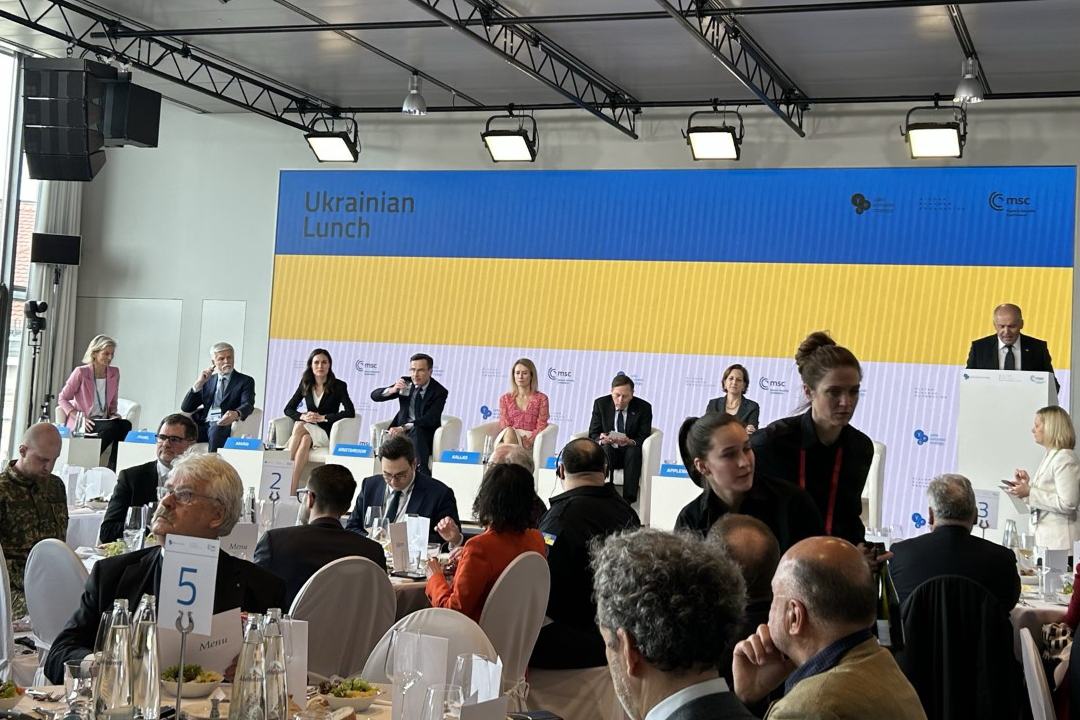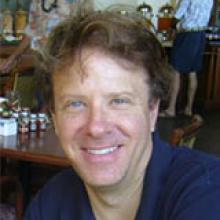LITSAT Initiative
In these turbulent times of international trade and security what insights and tools can society re-learn to foster human flourishing? Many. LITSAT draws together highest caliber academic and professional understandings of the past to address the pressing problems of today and tomorrow. We bring together top-level professionals from the private and government sectors with academic counterparts from leading universities with top-shelf expertise in the social science disciplines including history, economics, political science, and law.
We then leverage these pools of contemporary excellence with history’s long-standing intellectual frameworks on which our economy and larger civilization rely. LITSAT convenes those with the curiosity, open-mindedness, and commitment to civil dialogue necessary to examine the rich record of the past for the lessons it holds for a diverse and inclusive society grounded in individual freedom and free markets.
Deliverables will include conferences and publications for educated lay audiences that are solidly grounded in top-shelf academic and professional experience. The impact will include a public repository of information and a cadre of skilled professionals and academics ready to better serve humanity.
- Project Description
-
LITSAT operates from the premise that the professionals and academics steeped in the social science disciplines of history, economics, political science, law, and management are well informed by lived human experience since antiquity. While imperfect and always improving, many established arrangements of laws, rules, and norms, have persisted so widely for so long precisely because they are quite effective, practically, economically, and socially. Yet too many of the great lessons taught by history have become too widely forgotten.
By grounding LITSAT in Washington, DC, with a leadership team the comprises academics from George Washington, Yale, and Cambridge universities, we can ensure intellectual excellence combined with freedom of inquiry with direct interaction with leading practitioners from the private and government sectors.
LITSAT’s scholarly work looks to the wealth of consensus evidence and academic and professional literatures that span culture and history. Many of the challenges of international trade and security over which businesses, governments, and civil society puzzle today are not new. Because human societies have sought and applied solutions to these challenges for millennia, LITSAT opens the aperture widely, in order to examine the many different ways that people have conceived their identities, their institutions, and their relationships to one another, building on history’s authentic diversity.
Property law systems are an important example. These systems date back to antiquity, from Mesopotamia between the Tigris & Euphrates to Pharaonic Egypt on the Nile to the great dynasties of China’s early centuries. Evidence of how they worked are preserved in texts like the Code of Hammurabi c. 1755–1750 BC inscribed on the Babylonian Stele, associated parchment records of Greek, Persian, and Hebraic laws, Ptolemaic c. 300–30 BC land, tax, and dispute records on papyri and ostraca, and the early paper records from Han period c. 200 BC. Rich and diverse historical records such as these enable us to explore the many legal, leadership, and professional tools that human beings have used across the centuries, which they continue to adapt to the present day.
We study a broad range of legal institutions, from how property rights facilitate economic growth and social engagement in general, to how intellectual property rights promote the commercialization of innovation. We study governance mechanisms, including how management, executive suites, boards, and shareholders can productively engage through private business firms, as well as how government administrators, regulators, and adjudicators can collaboratively grapple with the limitations of science and the tradeoffs involved among diverse policy objectives. These include the professional practices of oversight and compliance as well as legal representation and public and private dispute settlement mechanisms, as well as how professional public servants help states to interact with each other through international trade, diplomacy, competition, cooperation, and conflict, through more publicly accessible civil commercial, regulatory, and judicial activities, as well as through diplomatic, intelligence, and military activities.
LITSAT offers concrete solutions distilled from the highest caliber academic foundations, displayed across diverse cultures. These tools can be directly applied to address particular challenges in the fields of international trade and security, and simultaneously set a professional and collaborative example for excellence and inclusive leadership in general.
- State of Significance
-
Too often contemporary academic and government domains have avoided inquiry focused on established institutions rooted in antiquity.
For example, scholars interested in a property rights and private ordering approach to entrepreneurship and trade or a problem-solving approach to national security and international relations are finding academic units focused on law and public administration increasingly closed to their interests. Yet, the US university system still has a diverse group of these scholars fully trained and employed across those same academic units, and other academic units focused on the social sciences of economics, political science, and history.
The LITSAT project seizes on this opportunity to bring together this well trained, well-funded but currently under-deployed population of top- shelf scholars and combine it with the top-shelf population of private sector and government service professionals resident in, or passing through, the DC area, many of whom are similarly under-deployed in this moment within the US political system at a moment of sharp political division and growing state involvement in the domestic economy and society.
The LITSAT project is designed at core to accelerate discovery, inspire dialogue, and foster intellectual humility through the blend of academic research and professional and public service. It focuses on the vital role of individuals and individual firms deciding on their own, self-actualized, with integrity and respect, to achieve mutual benefit through gains from trade that leverage each other’s diverse specialization and division of labor. It fosters leadership and management that are grounded in both social sciences and the diverse institutions that are rooted in antiquity to foster curiosity and human fulfillment. It promotes international trade and security that elucidate the dynamic links between freedom and free markets and overall peace and prosperity. It builds and supports an authentically diverse and inclusive cohort of academics professionals to promote a peaceful and productive society for all.
- Outputs
-
In addition to conferences and publications, LITSAT provides practical skill-building and mentoring for those interested in government service. Unlike other programs that guide people into government service with a particular partisan goal in mind, LITSAT focuses entirely on the practice of professionalism itself – how to ethically, collaboratively, efficiently, and effectively work within the complex rules, restraints, resources, and related individuals and organizations. Topics here include how to set up an office in government, how to operate while in office, and how to return to private life after public service.
LITSAT builds upon decades of collaboration among its leadership team of scholars. The operational model roughly follows the model used for the Project on Commercializing Innovation previously built and operated at Stanford University’s Hoover Institution until 2013, when it had to be wound down as some of its leadership departed academia for senior roles in US government service.
LITSAT helps professionals across the fields of business, technology, law, and government become tomorrow’s leaders using tools grounded in antiquity to forge systems of diverse and inclusive trade, prosperity, and peace.
- Outcomes
-
Academically and professional sound ideas developed and disseminated through conferences, colloquia, and academic and professional publications; as well as an alumni network of better trained junior and senior professionals working across the academic, private, and government sectors.
- Our Work
-
- Confronting Beijing’s Weaponized Economy
- September 8, 2023 - Axios China reporter Bethany Allen-Ebrahimian recently published a new book, Beijing Rules: How China Weaponized Its Economy to Confront the World, which includes headline-making stories of Western institutions bowing to Beijing’s pressure – and a glimpse of what America’s future may look like should liberal democracy come firmly under the thumb of authoritarian capitalism. To discuss her investigative reporting and the broader policy implications, FDD’s China Program hosts a conversation with Bethany as well as Liza Tobin, Senior Director for Economy at the Special Competitive Studies Project, and F. Scott Kieff, former Commissioner of the U.S. International Trade Commission. The discussion will be moderated by FDD Senior Fellow Craig Singleton.
- September 8, 2023 - Axios China reporter Bethany Allen-Ebrahimian recently published a new book, Beijing Rules: How China Weaponized Its Economy to Confront the World, which includes headline-making stories of Western institutions bowing to Beijing’s pressure – and a glimpse of what America’s future may look like should liberal democracy come firmly under the thumb of authoritarian capitalism. To discuss her investigative reporting and the broader policy implications, FDD’s China Program hosts a conversation with Bethany as well as Liza Tobin, Senior Director for Economy at the Special Competitive Studies Project, and F. Scott Kieff, former Commissioner of the U.S. International Trade Commission. The discussion will be moderated by FDD Senior Fellow Craig Singleton.
- Confronting Beijing’s Weaponized Economy
Topics Include:
- Adjudication
- Arbitration
- Cooperation Administration Government and private-sector procurement
- Competition
- Compliance
- Entrepreneurship and commercialization
- Ethics
- Governance
- International security, diplomacy
- International trade
- Market regulation
- Mediation
- Military and intelligence strategies and operations management
- Monitoring
- Oversight
- Professionalism
- Technological innovation and development
Leadership Team of Scholars
Hon. F. Scott Kieff
LITSAT Faculty Director, LITSAT Executive Board Member, LITSAT Liaison to GW Program on Business and Finance Law and C-LEAF
Dr. Thomas D. Grant
LITSAT Faculty Director, LITSAT Executive Board Member, LITSAT Liaison to Cambridge University
Dr. Joseph G. Manning
LITSAT Faculty Director, LITSAT Executive Board Member, LITSAT Liaison to Yale University
William E. Kovacic
LITSAT Executive Board Member, LITSAT Liaison to GW Law’s Competition Law Center
Lisa M. Schenck
LITSAT Executive Board Member, LITSAT Liasson to GW Law’s Program on National Security Law











